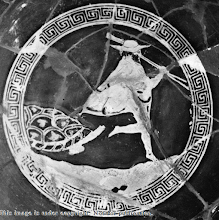"It is, in fact, always misleading to take a whole, that is valuable (or the reverse), and then to ask simply: To which of its constituents does this whole owe its value or its vileness? It may well be that it owes it to none ; and, if one of them does appear to have some value in itself, we shall be led into the grave error of supposing that all the value of the whole belongs to it alone. It seems to me that this error has commonly been committed with regard to pleasure. Pleasure does seem to be a necessary constituent of most valuable wholes; and, since the other constituents, into which we may analyse them, may easily seem not to have any value, it is natural to suppose that all the value belongs to pleasure. That this natural supposition does not follow from the premises is certain; and that it is, on the contrary, ridiculously far from the truth appears evident to my 'reflective judgment'."
G.E. Moore, Principia Ethica, §55

"Common Sense would certainly not think it a sufficient justification for the pursuit of what Prof. Sidgwick calls the refined pleasures here and now, that they are the best means to the future attainment of a heaven, in which there would be no more refined pleasures—no contemplation of beauty, no personal affections—but in which the greatest possible pleasure would be obtained by a perpetual indulgence in bestiality. Yet Prof. Sidgwick would be bound to hold that, if the greatest possible pleasure could be obtained in this way, and if it were attainable, such a state of things would be a heaven indeed, and that all human endeavours should be devoted to its realisation. I venture to think that this view is as false as it is paradoxical."
RépondreSupprimer§ 56